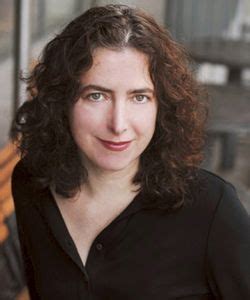A Quote by Andrew Scott
But there's a difference between privacy and secrecy, and I'm not a secretive person.
Related Quotes
Mothers know the difference between a broth and a consommé. And the difference between damask and chintz. And the difference between vinyl and Naugahyde. And the difference between a house and a home. And the difference between a romantic and a stalker. And the difference between a rock and a hard place.
While privacy strengthens all our bonds, secrecy weakens and damages connection. Lerner points out that we do not usually "know the emotional costs of keeping a secret" until the truth is disclosed. Usually, secrecy involves lying. And lying is always the setting for potential betrayal and violation of trust.
In our culture privacy is often confused with secrecy. Open, honest, truth-telling individuals value privacy. We all need spaces where we can be alone with thoughts and feelings - where we can experience healthy psychological autonomy and can choose to share when we want to. Keeping secrets is usually about power, about hiding and concealing information.
The difference between the Parthenon and the World Trade Center, between a French wine glass and a German beer mug, between Bach and John Philip Sousa, between Sophocles and Shakespeare, between a bicycle and a horse, though explicable by historical moment, necessity, and destiny, is before all a difference of imagination.

































